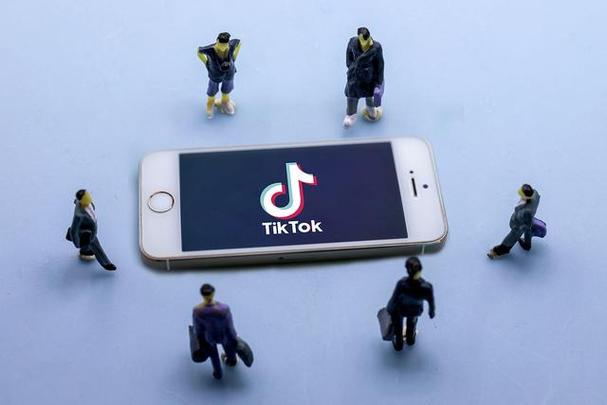Title: “TikTok’s 2020 Takeover Tango: The Billion-Dollar Dance That Almost Was”
(Who Bought TikTok in 2020? Unraveling the Corporate Deals)
Picture this: 2020 was a year of chaos, confusion, and… corporate drama? Enter TikTok, the wildly popular short-video app that found itself at the center of a geopolitical tug-of-war. As the U.S. and China traded barbs over data privacy and national security, TikTok’s parent company, ByteDance, suddenly faced a high-stakes question: Sell or get banned? Let’s dive into the juicy saga of who tried to buy TikTok, why it got messy, and how the dance ended with a plot twist nobody saw coming.
The stage was set when then-U.S. President Donald Trump threatened to ban TikTok unless it sold its American operations to a U.S. company. Cue the bidding war! Tech giants and retail titans lined up like contestants on a reality show, eager to snag a piece of TikTok’s explosive growth. Microsoft, the software behemoth, emerged as an early frontrunner. Satya Nadella, Microsoft’s CEO, even confirmed talks, sparking rumors of a $50 billion deal. But wait—Oracle, the database giant, crashed the party with a surprise bid, teaming up with Walmart (yes, the supermarket chain) to woo ByteDance. Walmart’s involvement? Let’s just say they saw TikTok as the ultimate fusion of social media and shopping.
Meanwhile, ByteDance wasn’t just sitting back. They played hardball, rejecting outright sales and proposing a complex “technology partnership” instead. Oracle and Walmart would get a 20% stake in a new U.S.-based entity called TikTok Global, with Oracle hosting user data to ease security concerns. But here’s the kicker: ByteDance insisted they’d retain majority ownership. The U.S. government pushed back, demanding total American control. Cue the standoff!
Behind the scenes, the drama got spicier. China’s government, wary of losing a tech crown jewel, updated export rules to include “recommendation algorithms”—the secret sauce behind TikTok’s addictive feed. Suddenly, ByteDance couldn’t sell TikTok’s algorithm without Beijing’s approval. Plot twist! The deal’s collapse became inevitable. By September 2020, Trump’s ban was temporarily blocked by courts, and the urgency fizzled. TikTok stayed under ByteDance, albeit with Oracle as its “trusted tech partner” in the U.S.
So, who actually “bought” TikTok? Technically, no one. The takeover tango ended without a finale. But the saga left lasting ripples. It highlighted the fragility of global tech ecosystems, where apps can become pawns in political chess matches. For TikTok, survival meant compromise: spinning off U.S. operations while keeping its Chinese roots. Critics called it a half-measure; fans breathed a sigh of relief.
Fast forward to today, TikTok remains a cultural juggernaut, but its future is still clouded by regulatory battles. The 2020 showdown proved that in the world of Big Tech, money talks—but so do governments. And sometimes, the most expensive deals are the ones that never happen.
(Who Bought TikTok in 2020? Unraveling the Corporate Deals)
The TikTok tale is a reminder that in the clash between innovation and regulation, there are no easy wins. Just ask Microsoft, Oracle, and Walmart—they almost had a billion-dollar trophy, but walked away with nothing but a wild story. As for TikTok? It’s still dancing… for now.
Inquiry us
if you want to want to know more, please feel free to contact us. (nanotrun@yahoo.com)




